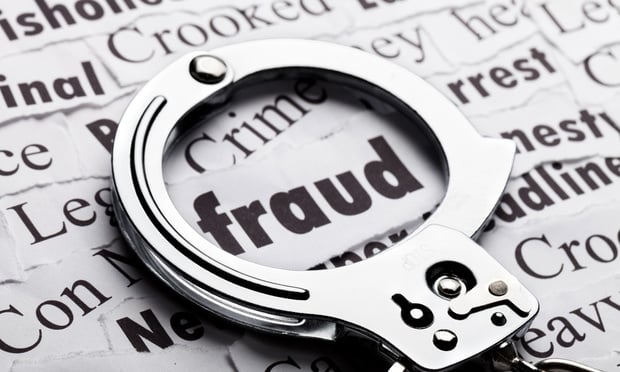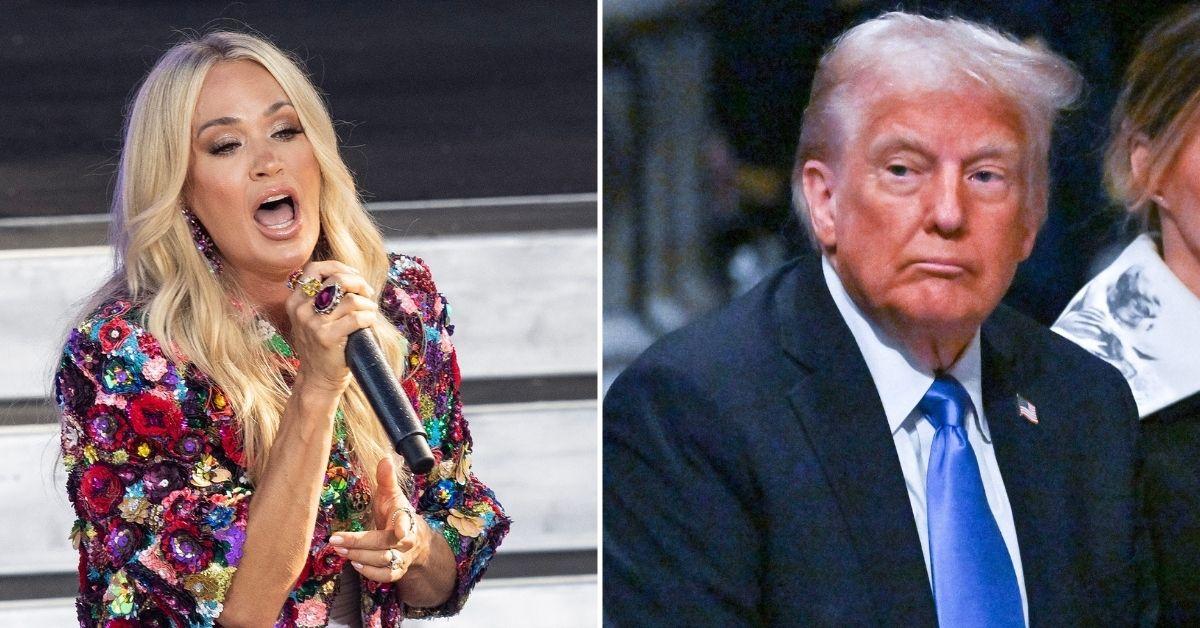For the last eight years, with our nation more polarized than at almost any other time in history, political affiliation and orientation (i.e., conservative/liberal) have emerged as strong predictors of attitudes on virtually every important social issue. We have previously explored the impact of these factors on verdict voting in white collar cases and found that indeed, a strong relationship existed.
We are still considering case data from the Biden years, but we assume we are now on the edge of another upheaval. Tensions and anxiety continue to run high and much of our national discourse remains more negative than positive.
What does all of this mean for juror decision-making in white collar cases? In particular, we consider three questions:
- Will the kinds of stress we are experiencing now affect jurors’ decision-making?
- What implications will the recent election have for jurors’ trust in government and how will that affect their perception of white collar prosecutions?
- Will the process, and hence the outcome, of jury deliberations be affected by the extreme political polarization in our nation today?
It is too early to answer these questions. Rather, we consider them here as illustrations of the need to wrestle with our new political and social context. Our country has changed and we speculate about the implications of some of these changes for juror behavior in white collar crime cases.
A Nation of Jurors Under Stress
In an American Psychological Association survey a month before the election, close to 80% of both Republicans and Democrats reported that the future of the country was a “significant source of stress” in their lives, and listed politics as their top current stressor. (APA, Stress in America, 2024. https://www.apa.org/pubs/reports/stress-in-america/2024 ) The second highest stressor was the economy (73%) followed by the presidential election (69%). The political climate had profound personal implications; about two-thirds (64%) said they feel as if their “rights are under attack.”
Psychology teaches us that decision-making can be impaired in high-stress conditions. We have a harder time accessing the information we need, we tend to think reflexively rather than analytically, we see a narrower range of options, and we are more likely than usual to be impulsive.
In jurors, this may translate into a willingness to convict without giving the evidence due consideration. Also, jurors may be anxious about an uncertain future. Prosecutors may exploit these vulnerabilities by focusing on the societal harms imposed by white collar crime: It undermines the safety of the American economy or the market; it makes Americans question whether they can trust those who manage their money, etc. These themes play into the vulnerabilities of jurors under stress.
Defense counsel, on the other hand, can mitigate the effects of stress by naming the elephant in the room, so to speak. Acknowledging the unusual times in which we are living, at least for the short-term, and the emotional toll it is taking, can help attune jurors to their own emotional states and inure them somewhat to the deleterious impacts of these states.
Trust In The DOJ And Views Of White-Collar Prosecutions
A July 2024 Pew survey measured Americans’ views of the U.S. Department of Justice, among other agencies. While Democrats’ views had changed little from 12 months before – about 55% held a favorable opinion – Republicans’ views were mostly negative and on the decline. (Cerda, A., Americans See Many Federal Agencies Favorably but Republicans Grow More Critical of Justice Department. Pew Research Center Aug. 12, 2024.
Jurors who follow the news know that the DOJ is a highly charged topic in the new administration. The Department’s involvement in pursuing cases against our incoming President has captivated the attention of the American public.
As of February 2024, a majority (59%) of Americans had heard “a lot” about the Federal case involving the 2020 election and the events of Jan. 6, 2021, and about half had heard a lot about each of the other two pending Federal cases against Trump. Not surprisingly, reactions to these cases are divided along partisan lines. For each of the three investigations, over 70% of Democrats thought it was being conducted fairly. Comparable rates for Republicans were 16% or lower. (Ballard, J., What Americans Think of the Charges Against Donald Trump in Four Cases, https://today.yougov.com/politics/articles/48554-what-americans-think-charges-against-donald-trump-four-cases-poll)
In the coming months and perhaps even longer, jurors who are aware of these events as well as ongoing controversies over Trump’s New York State convictions will likely have their views of future prosecutions affected by that political context. Democrats and liberals will probably bring an added degree of skepticism to their consideration of white collar cases, perhaps seeing decisions about whom to indict or not indict as politically charged. In contrast, Republicans and conservatives will probably have more faith in the Justice Department’s decision-making than they did in the past several years and will resume their more conviction-prone trend that we saw in Trump’s first term.
Political Polarization and Jury Deliberations
The polarization in our society that has been building for about a decade shows no signs of going away. Much of it centers around political affiliation; in fact, a 2017 study at Stanford University found that Americans’ attachment to their political parties is stronger than their connection to other social identifiers such as gender, race, religion, language or ethnicity. (Stanford Report, Americans’ Partisan Identities Are Stronger Than Race and Ethnicity, Stanford Scholar Finds. Aug. 31, 2017, https://news.stanford.edu/stories/2017/08/political-party-identities-stronger-race-religion)
The researchers point out that one manifestation of this strong sense of partisanship is an equally strong sense of animosity to those with opposing views. None of us would find that hard to believe after the past several months. Now imagine a group of 12 strangers, thrown together by fate and a jury wheel, spending days and weeks together talking during breaks. Almost any social issue that is discussed can reveal political fault lines and the jurors will likely discover they are not a homogenous group. While the three largest counties in the SDNY had a strong Democratic majority in the presidential election, the District was still divided. Twenty-seven percent of those in the Bronx, 37% of Westchester, 43% of Putnam and 45% of Rockland voted for Trump in 2024.
These divided jurors presumably will also have divided opinions about appropriate business practices, corporate responsibility, and the very wealthy, among other topics. We would normally expect that such diverse groups would make better decisions than homogenous ones. Research consistently shows that a broader range of perspectives encourages more thorough analysis, the challenging of assumptions and more critical thinking.
But, in a period where some are expressing concern about whether civil discourse can survive in our nation, political polarization may prove the exception to this rule. I would not be surprised if we start to see jury deliberations break down more frequently when people of differing political persuasions cannot come to agreement and refuse to compromise on principle. We may start seeing more hung juries. This is something for defense counsel to consider in cases where a hung jury is the best-case defense scenario: Intentional political diversification of the jury could become a strategic move to help achieve that outcome.
Where Do We Go From Here?
The greatest takeaway of this analysis for litigators is the importance of knowing your jurors. The more you know about their political affiliation and orientation, pre-and post-election knowledge and attitudes, emotional state (particularly in the aftermath of the election) and beliefs about the government, the better able you will be to identify jurors who need to be struck and to help the remaining jurors reckon with their own feelings and set aside those that might interfere with impartiality. Supplemental juror questionnaires and properly conducted juror internet searches are more important now than ever before.
Much of our attention here is on how jurors will behave in the short-term, as the nation regains equilibrium (or does not) after this highly contentious election. In the coming months, we will continue to address this topic and will be conducting a survey on juror attitudes about white collar crime that addresses this topic directly. We hope those data will further elucidate the implications of political change for white collar cases and will help us think about longer-term implications as well.
Ellen Brickman, Ph.D. is a Director at DOAR














